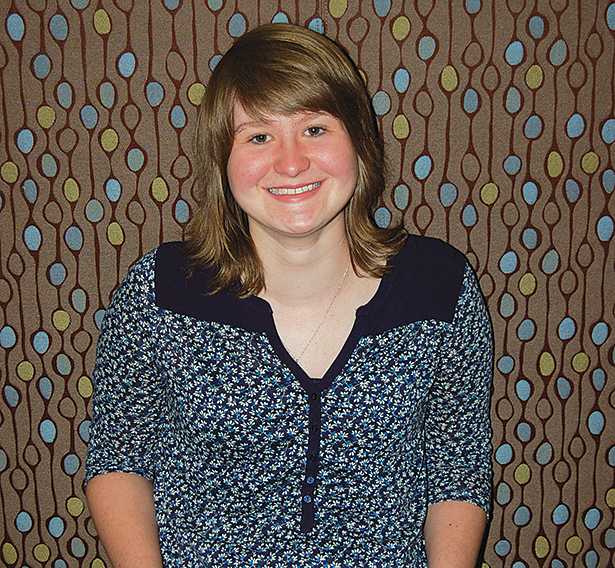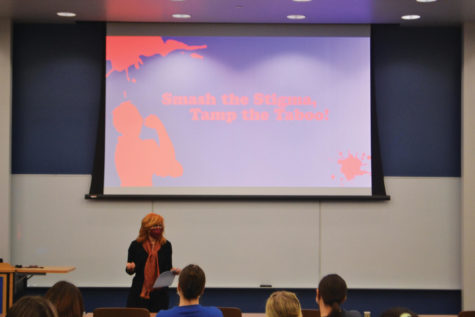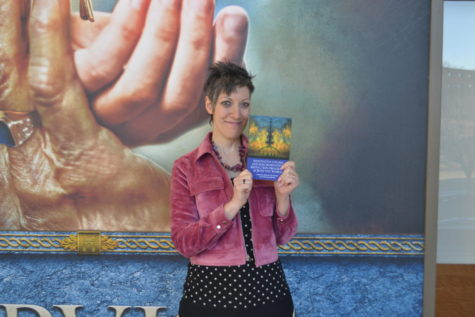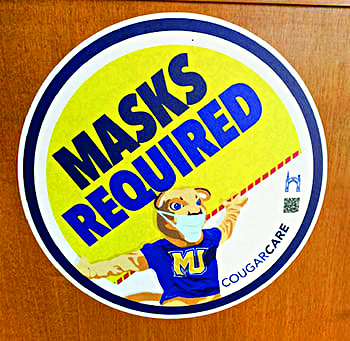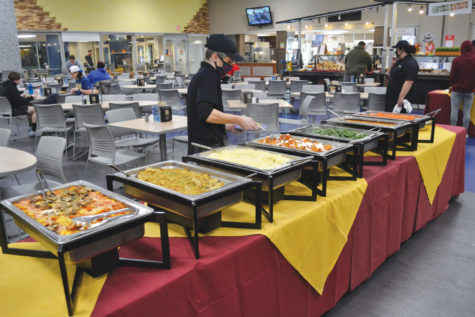Inside Scope on Medical Truths: Which Foods Fight Which Diseases?
March 23, 2016
The past two issues, I’ve written about “healthy” foods that aren’t actually healthy and “junk” food that isn’t junk at all. I have gotten a lot of feedback from readers on how much they love this talk about food, so here’s a final dose for you all.
We often eat foods because they are deemed healthy. Fruits, veggies, proteins, fish. They are full of nutrients and vitamins. Yes, we know these nutrients and vitamins are good for us, but why? What actually makes them healthy? Why are they good for you? What diseases or sicknesses do they help prevent?
Myths and legends are passed down from generations, but let’s find out which ones are true and which ones are fictional.
My mom used to tell me that carrots improve eyesight. I honestly thought it was just a ploy to get me to eat the vegetables she prepared, but it turns out she was telling the truth. According to Scientific American, carrots are rich in beta-carotene, “a naturally occurring pigment that nourishes the eye.”
Beta-carotene also helps produce vitamin A, which helps to fight inflammation and create antioxidants to shield cells from free radical damage. So they can be helpful for people who suffer from arthritis.
Long story short: Eat your carrots. But not too many because you don’t want to turn orange (and this can really happen).
Bananas are another healthy food that helps to fight heart disease. Bananas produce magnesium and potassium which “both work together to proactively manage blood pressure, the latter can also aid in hangover-prevention.”
Soybeans also prevent heart disease and diabetes. “They are rich in omega-3 fatty acids and perfectly balance protein with ‘good’ carbs” also known as low-glycemic carbs.” Don’t like soybeans? What about brussel sprouts? They are high in fiber and can also keep your heart in check.
Exchange the bread and other “bad” carbohydrate-rich foods for some soybeans or brussel sprouts and help yourself in the process.
Ever heard of free foods? These foods, which have no caloric value, include celery, cucumbers, pickles and many more. Cucumbers are high in water, potassium and vitamins C and K. “This means cucumbers respectively battle dehydration, improve metabolic functions, boost antioxidants and increase proteins necessary for tissue building and blood clotting.”
So, in addition to not having any calories, free foods help with many bodily functions, and they fight obesity. Sounds like an easy decision to me.
We’ve all heard the limitless jokes about beans, but they have a meaningful purpose aside from creating gas and the opportunity to make jokes at the dinner table.
Beans are loaded with magnesium. “If you’re experiencing chronic headaches, bulk up on beans because deficiencies in magnesium have been linked to migraines.” Your friends might not like you for the night, but at least that migraine will fade away quickly.
Ever heard of turkey making you sleepy after a big Thanksgiving dinner? Some attribute this to tryptophan, an amino acid, but it is not strong enough to have any affect. The sleepiness is simply due to the amount of food you ate. To properly digest it all quickly, you fall asleep.
Anyway, turkey also can help prevent diabetes. “This lean meat slows the absorption of carbs into the bloodstream, which in turn prevents a spike in blood sugar levels.”
Amazing, right? It’s crazy how the food we eat can control so many of our bodily functions and in turn prevent diseases from happening. Maybe the saying “you are what you eat” has some real validity.

